New York Stories
In which Norm finds a common thread between Sean Baker's ANORA and Julian Schnabel's BASQUIAT as they enter the Criterion Collection.
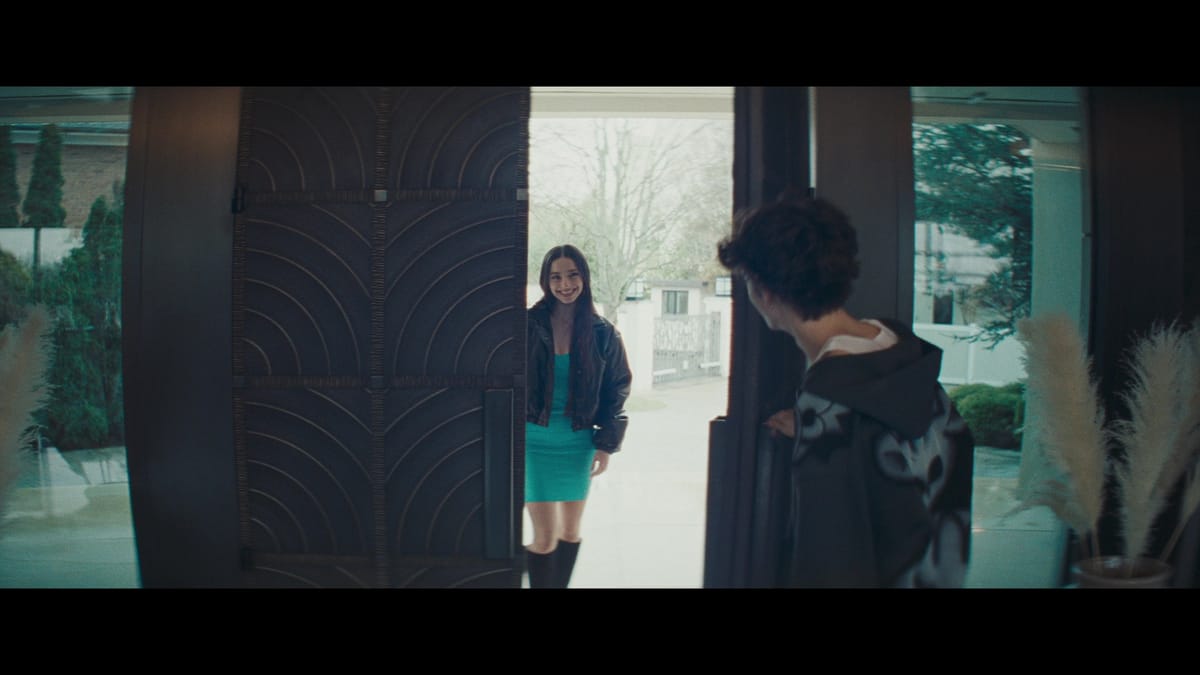
This week, Julian Schnabel’s Basquiat and Sean Baker’s Anora join the Criterion Collection. And though the films were made nearly thirty years apart, they’re united by a certain dreamy underdog quality, following young strivers who are determined to make their mark on the world, or at least on the people around them. It’s just that one of them is a revolutionary artist and the other is … well, not that. But she’s pretty special.
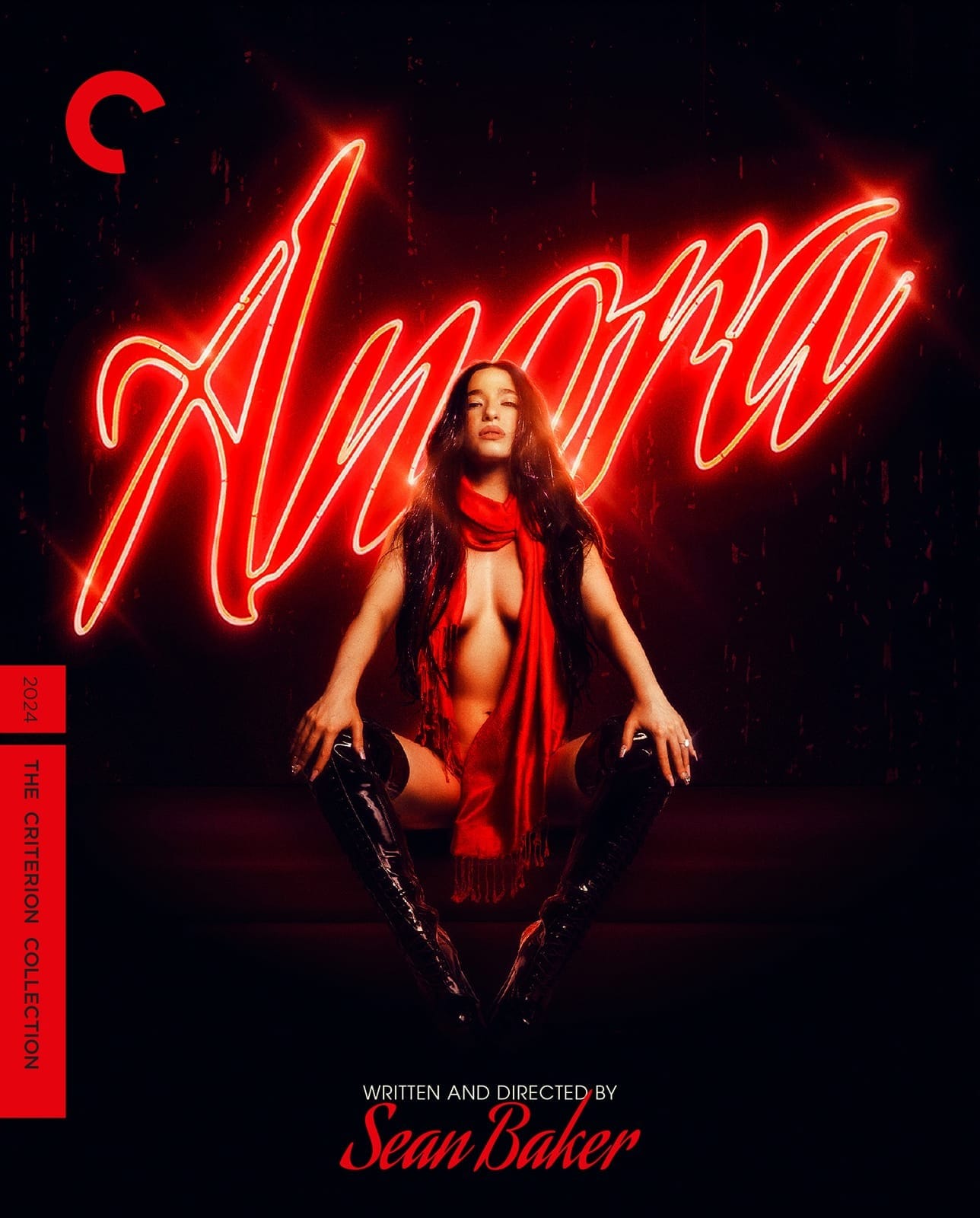
Anora – Ani to her friends – is a Brooklyn dancer and sex worker who clicks hard with Vanya, a charming, very enthusiastic son of Russian privilege. He asks her to be his girlfriend; she negotiates a girlfriend experience for $15,000.
But things get real, and their whirlwind romance speeds them to get married – and that is something Ivan’s powerful family cannot accept, dispatching a crew of goons to annul the marriage and bring Vanya home, with Ani caught in the middle, negotiating a dynamic she can never fully understand. But she knows what she wants.
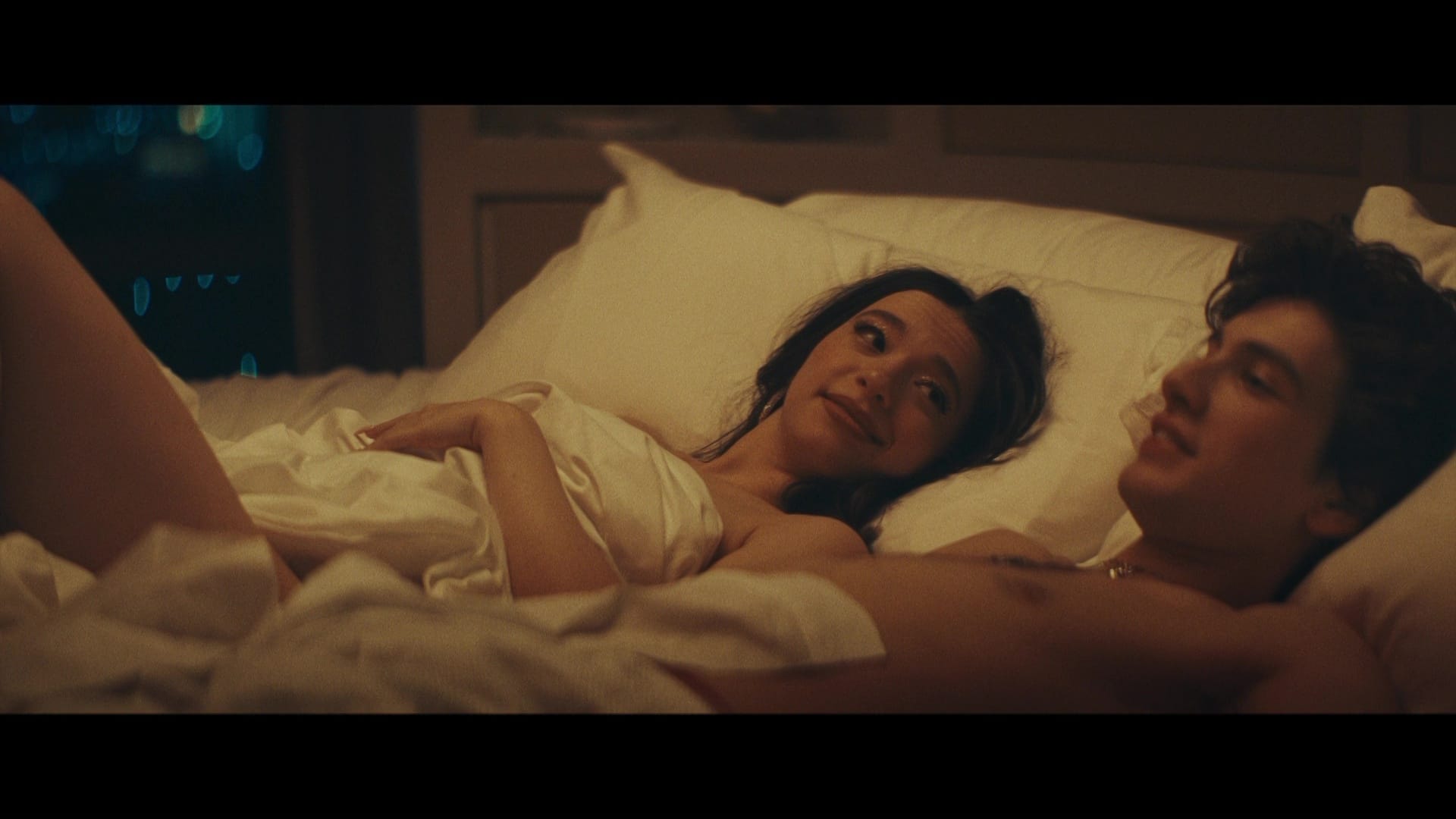
Powered by Mikey Madison’s bright-eyed, mercurial energy as Ani – who’s very different with Mark Eydelshteyn’s Vanya than she is with anyone else she meets – Anora gets a lot of mileage out of the tension between its pinwheeling story and the real stakes our heroes are facing. Baker keeps us guessing as to his intentions, and the first half of the picture is deliberately vague about its tone. Is this a riff on Pretty Woman or Romeo and Juliet? Will Vanya fight for her or throw her aside? Is Ani putting herself at risk of a broken heart, or broken bones? Will this self-possessed young woman with a well-honed instinct for self-preservation have the sense to back down when she’s outmatched?
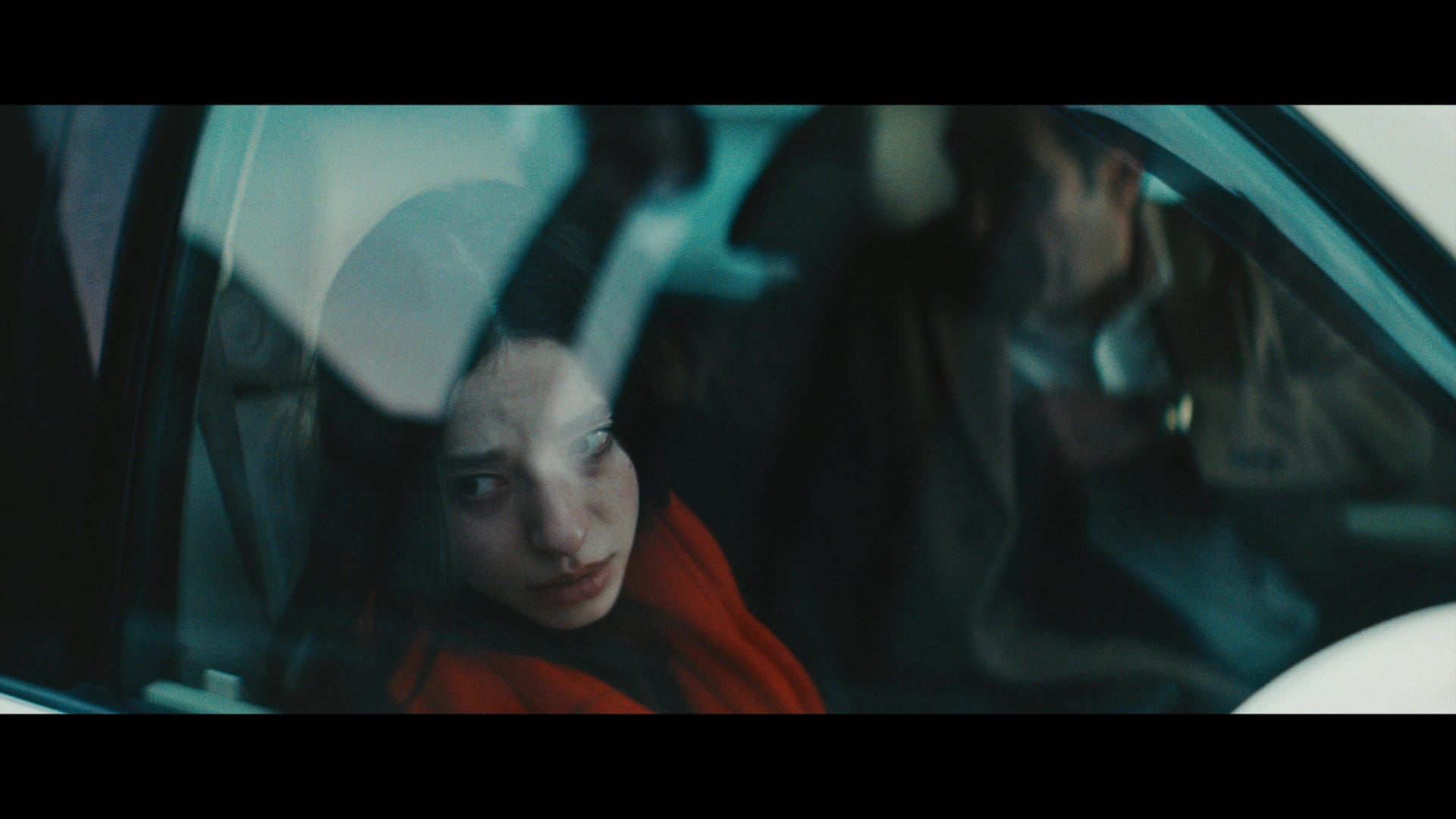
A year after its Cannes premiere, I don’t think it’s a spoiler to say Anora is more of a crowd-pleaser than most of Baker’s cinema – and that’s not a bad thing. He’s been making small movies about strivers for a while now, the loose-limbed beauty of his filmmaking in Tangerine and The Florida Project and Red Rocket going a long way to obscure the fact that he always tells the same story, with characters pursuing a life of comfort and security that remains forever out of their reach. (Criterion also brought his 2008 feature Prince of Broadway to disc this month, and: Yep.)
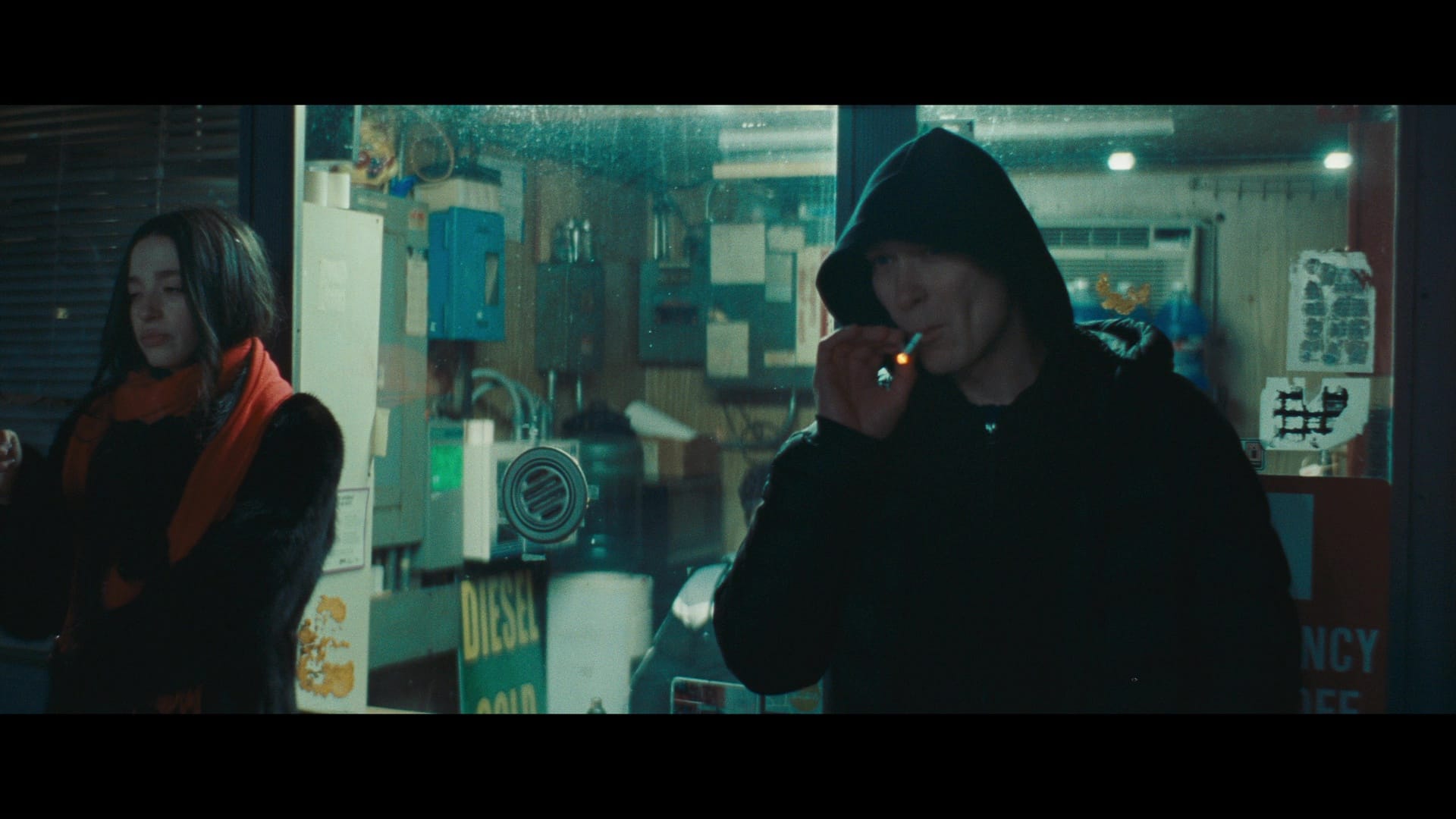
But Baker’s recent discovery of screwball humor in Red Rocket, which heaped one comic punishment after another on Simon Rex’ idiot hustler – brings a different rhythm to Anora, with Madison’s Oscar-winning performance anchoring a yappy comedy of manners. The thugs who show up to reclaim Vanya are more than central-casting bruisers; they’ve a touchy interpersonal dynamic that’s immediately interesting, and once everybody stops screaming at each other – which admittedly does take a little while, but is also pretty funny – Baker encourages Ani, and the audience, to see them as individuals with their own shit to figure out. Maybe they want to be happy too; maybe they’ll even get there someday. In the meantime we can watch them try.
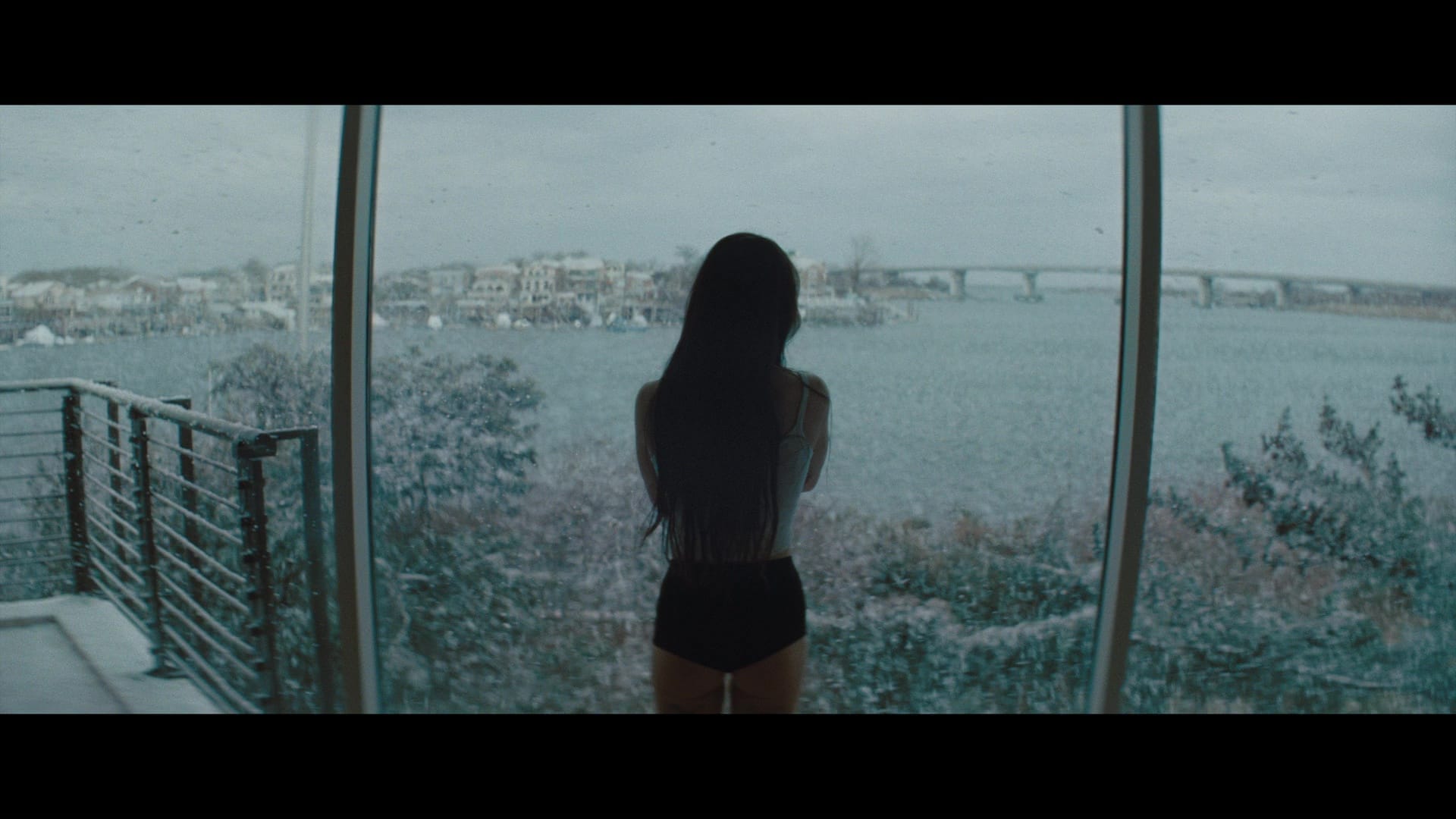
I wonder whether Anora’s triumph at the Oscars earlier this year – where Baker himself collected the awards for Best Picture, Best Director, Best Original Screenplay and Best Film Editing, and Madison took Best Actress – will have an impact on the stories Baker decides to tell after this. It’s not surprising that the Academy would embrace a Cinderella story, however cracked, and give its author a Cinderella story of his own – but now arguing that dreams can’t come true might sound a little forced.
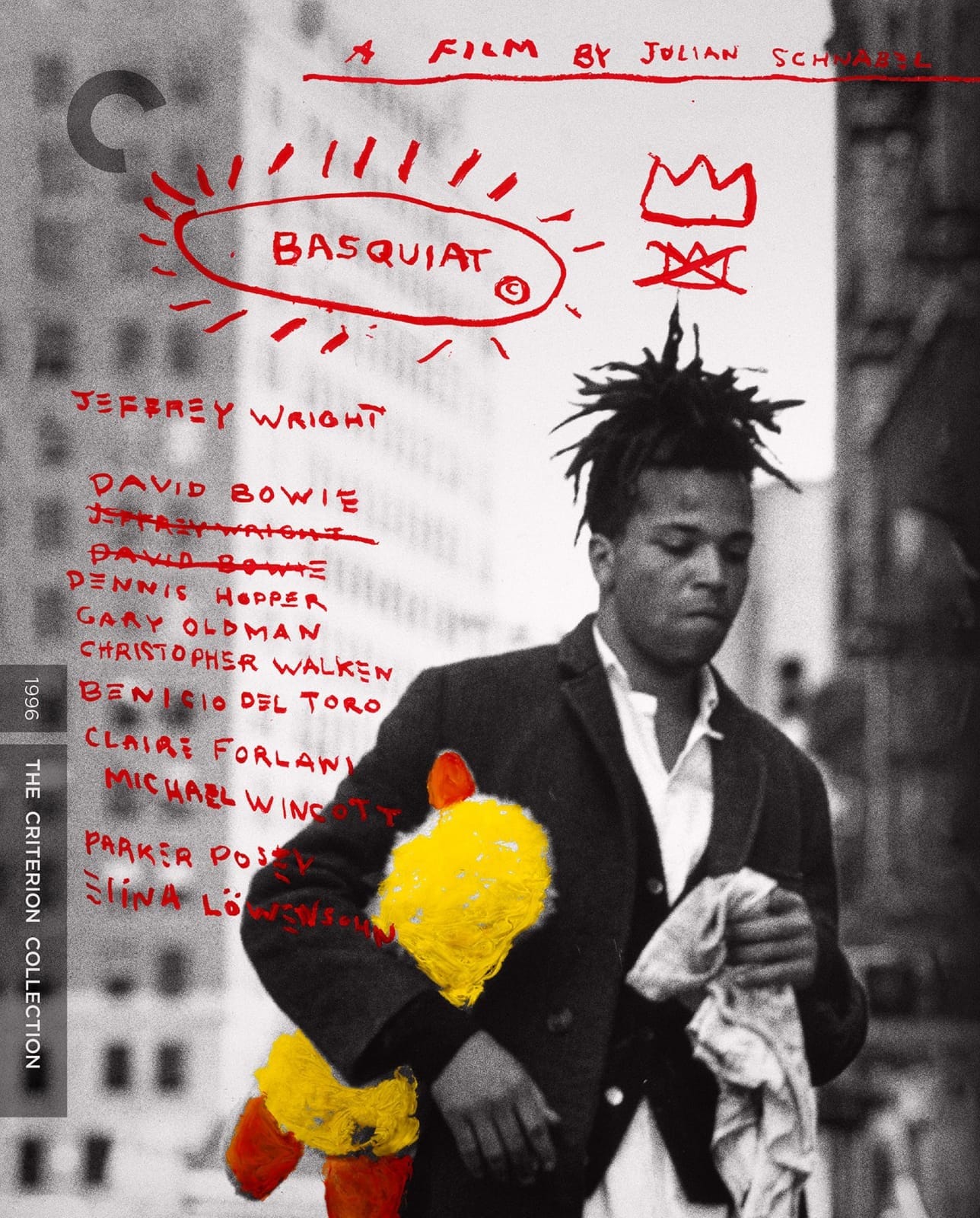
The dreamer of Schnabel’s Basquiat, which is finally getting a high-definition release after decades in Miramax catalogue limbo, is a lot more ambitious: Jean-Michel Basquiat, the polymath artist whose sketchbook aesthetic took over Manhattan in the early ’80s, rocketing him to a level of fame he might have been able to handle, given enough time. But that wasn’t in the cards; he died of a heroin overdose in 1988, aged 27.
Schnabel, who’d come up as a painter in the same era, puts a slightly fantastical gloss on Basquiat’s story, with Jeffrey Wright – fresh off his Tony-winning run in Angels in America – interpreting creativity as a sort of impish compulsion. Basquiat makes art constantly and intuitively, creating impressionist imagery with pancake syrup and a menu in the diner where he meets future girlfriend Gina (Claire Forlani) and remixing a puzzling call to a crisis hotline into a dance track.
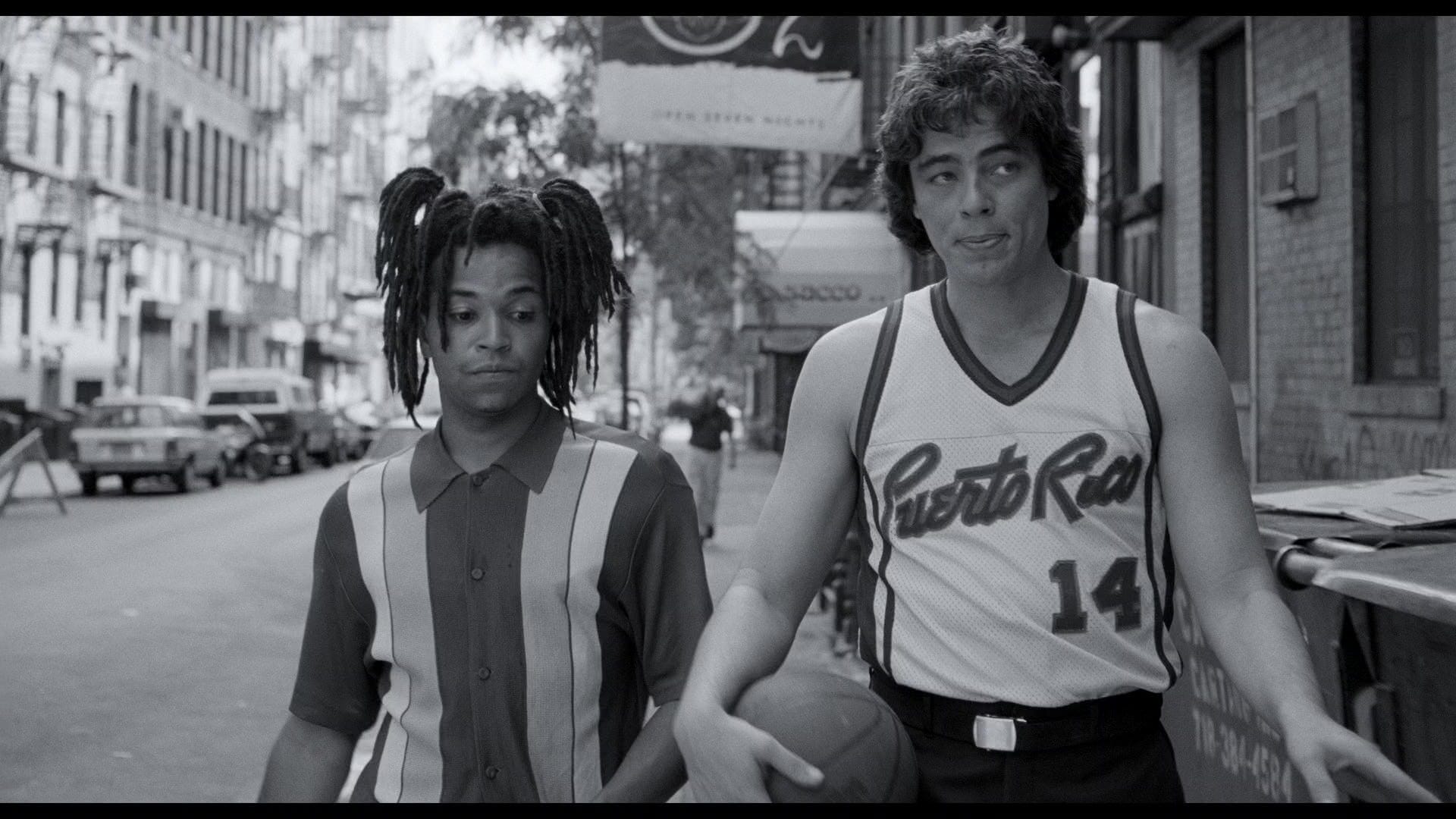
He picks up friends and co-conspirators along the way, including the goofball Benny (Benicio Del Toro) and the more reserved Andy Warhol (David Bowie), as well as the addiction that will eventually kill him. But even as the trajectory becomes clear, Schnabel doesn’t really see Basquiat’s story as a tragedy. It’s a movie about his life, not his death, and Wright’s magnetism and energy make it seem as though we’re watching the man himself, conjured from a collective memory.
That sense is further amplified in Criterion’s new 4K master, which not only restores the feature but presents it – per Schnabel’s request – in striking black-and-white, putting additional distance between a contemporary audience and the ’80s setting, which was still a living memory when the movie was originally released. (Basquiat himself was just eight years gone.)
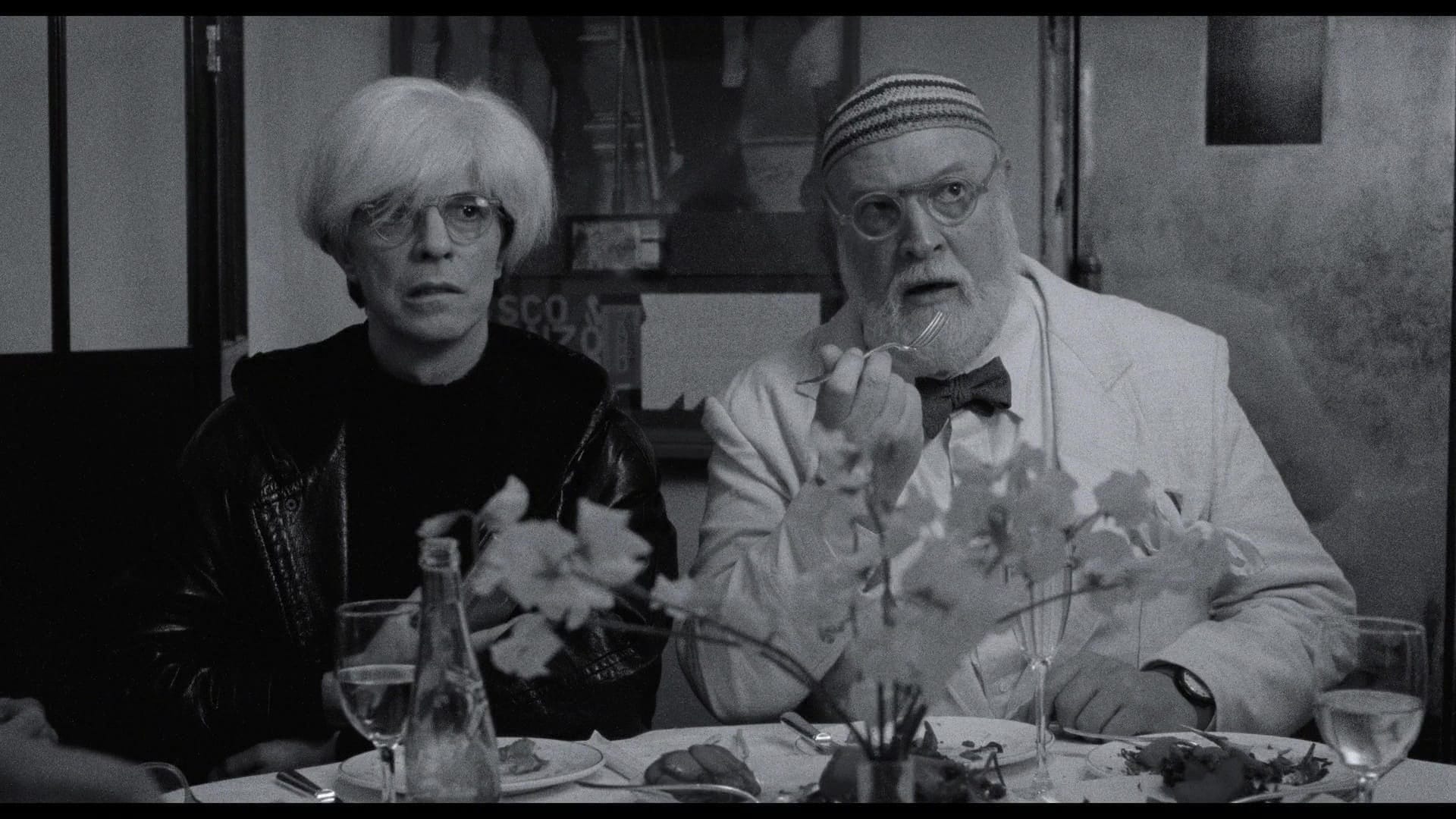
Now, of course, the gulf spans generations, and co-stars Bowie and Dennis Hopper – who plays Warhol’s friend and benefactor Bruno Bischofberger – are both gone, as is Paul Bartel, so perfectly cast as art maven Henry Geldzahler. Other faces are so much more famous now than they were at the time – there’s Wright, of course, but also Benicio Del Toro, Parker Posey and a very young Sam Rockwell.
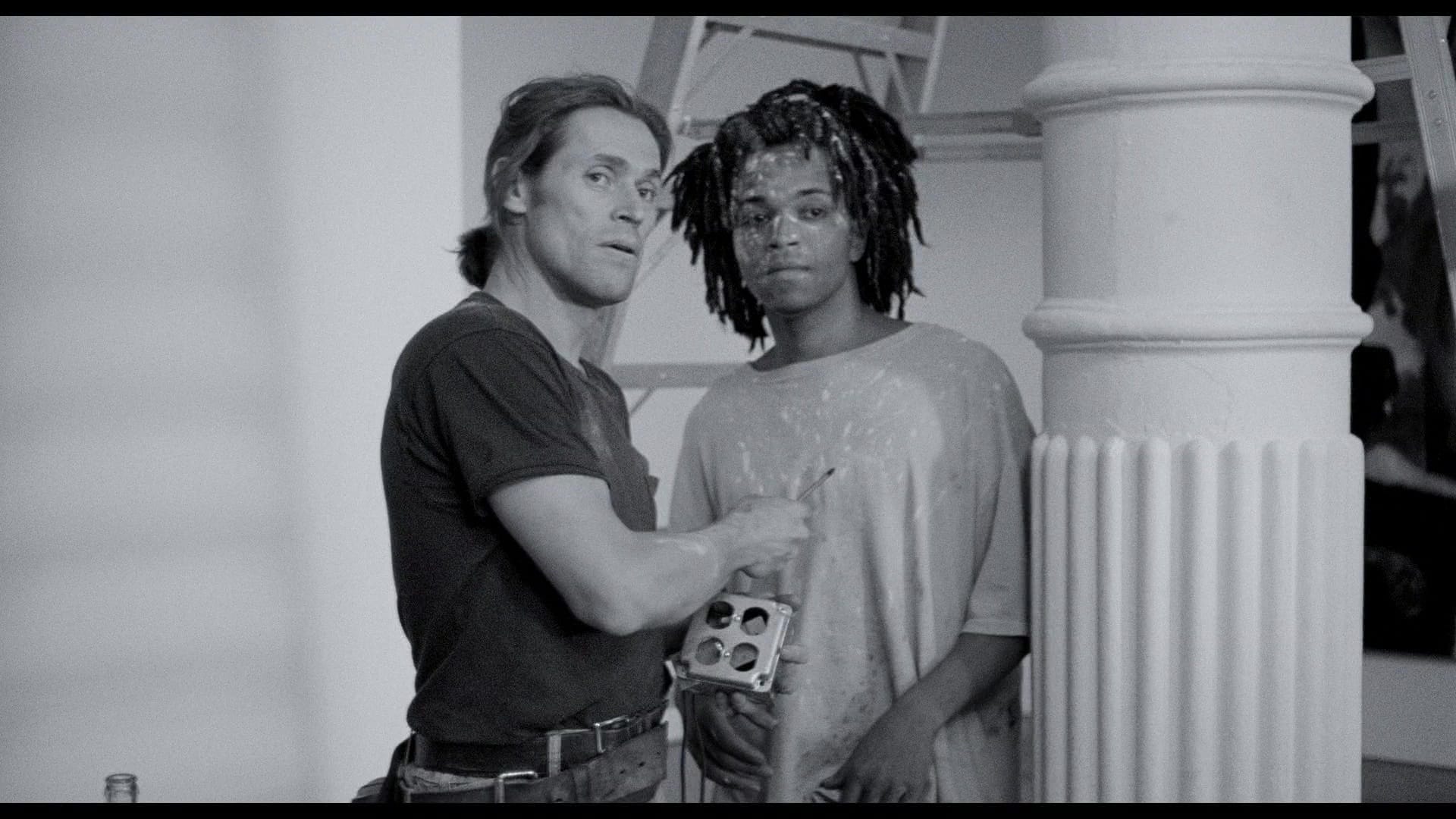
Schnabel’s friends turn up in cameos, and it never feels like anyone’s there as a favor. You can sense how much Willem Dafoe is enjoying his thoughtful walk-on as a sculptor who works as an electrician to pay the bills, and Christopher Walken and Courtney Love turn up in small, loose roles that could have been played by anybody, except that now you can’t imagine anyone else. And look who else is here: That's Michael Wincott! There's Elina Löwensohn! Oh hi, Gary Oldman! I can’t be certain that Schnabel set out to filter New York’s ’80s art scene through its ’90s indie scene, but that’s how Basquiat feels now. The past is always talking to us, I guess.
The new master is gorgeous, especially in 4K – and it’s one of Criterion’s rare B&W releases to include HDR and Dolby Vision grading, subtly enriching the depths of the image. The original color version is also included on the Blu-ray, and as far as content they’re identical – though Schnabel tacks a little collage of footage onto the 2024 version, after the end credits. Maybe it felt a little more rock and roll to him. Who can tell with artists.
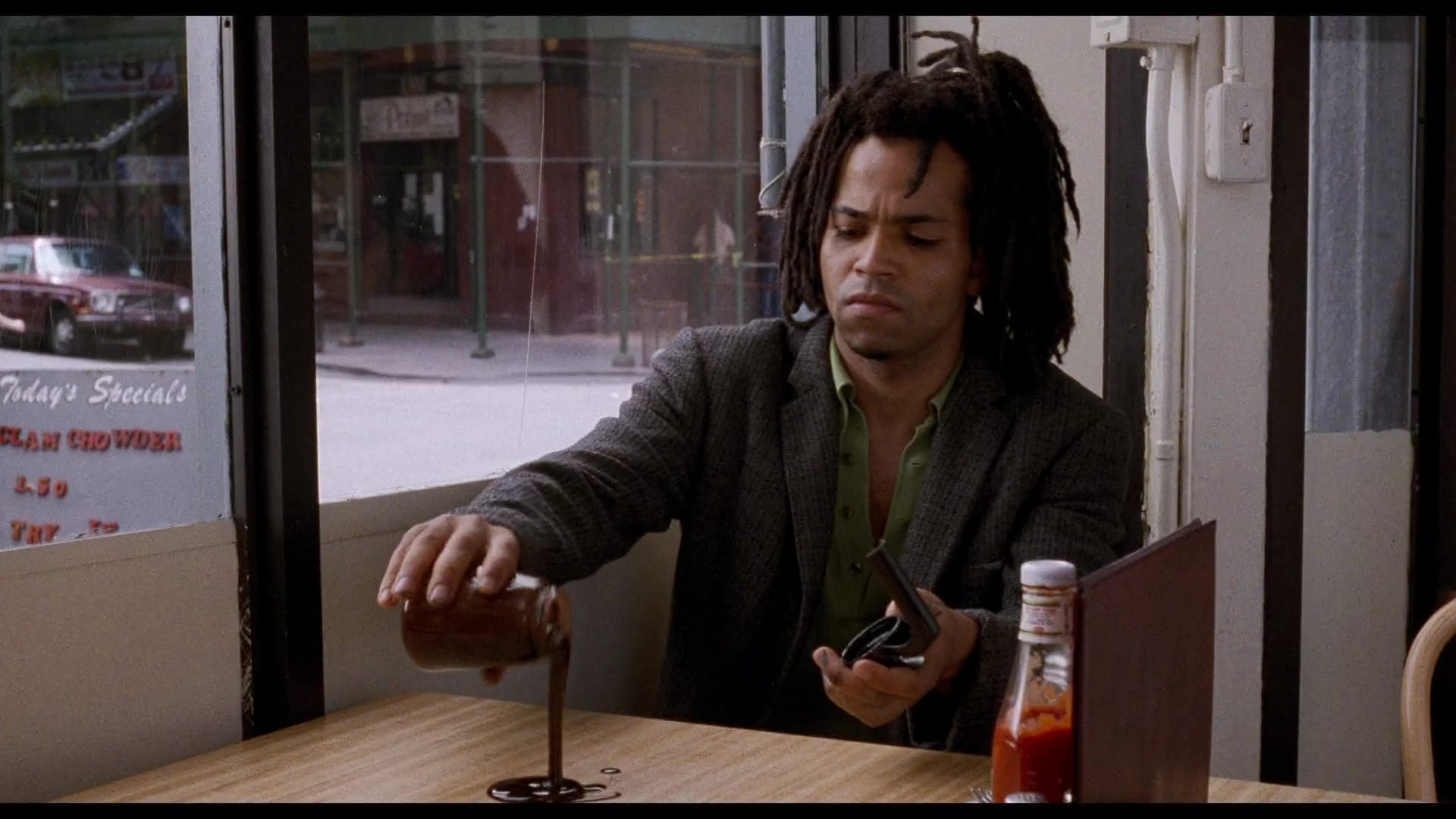
Criterion’s special edition of Anora is the label’s very first premiere release of a Best Picture winner, negotiated and announced before the nominations even dropped. (Their Parasite SE came almost a year after Universal’s initial disc.) Both 4K and Blu-ray platters offer a pristine transfer of the feature – as one would expect in a film this fresh – with the UHD edition packing a little more color and detail. The DTS-MA 5.1 soundtrack delights in the swirl of a packed club or the bouncing acoustics of a room full of angry people trying to yell their way out of a tight spot, but can also be attentive to the warmth of a new couple just breathing happily together.
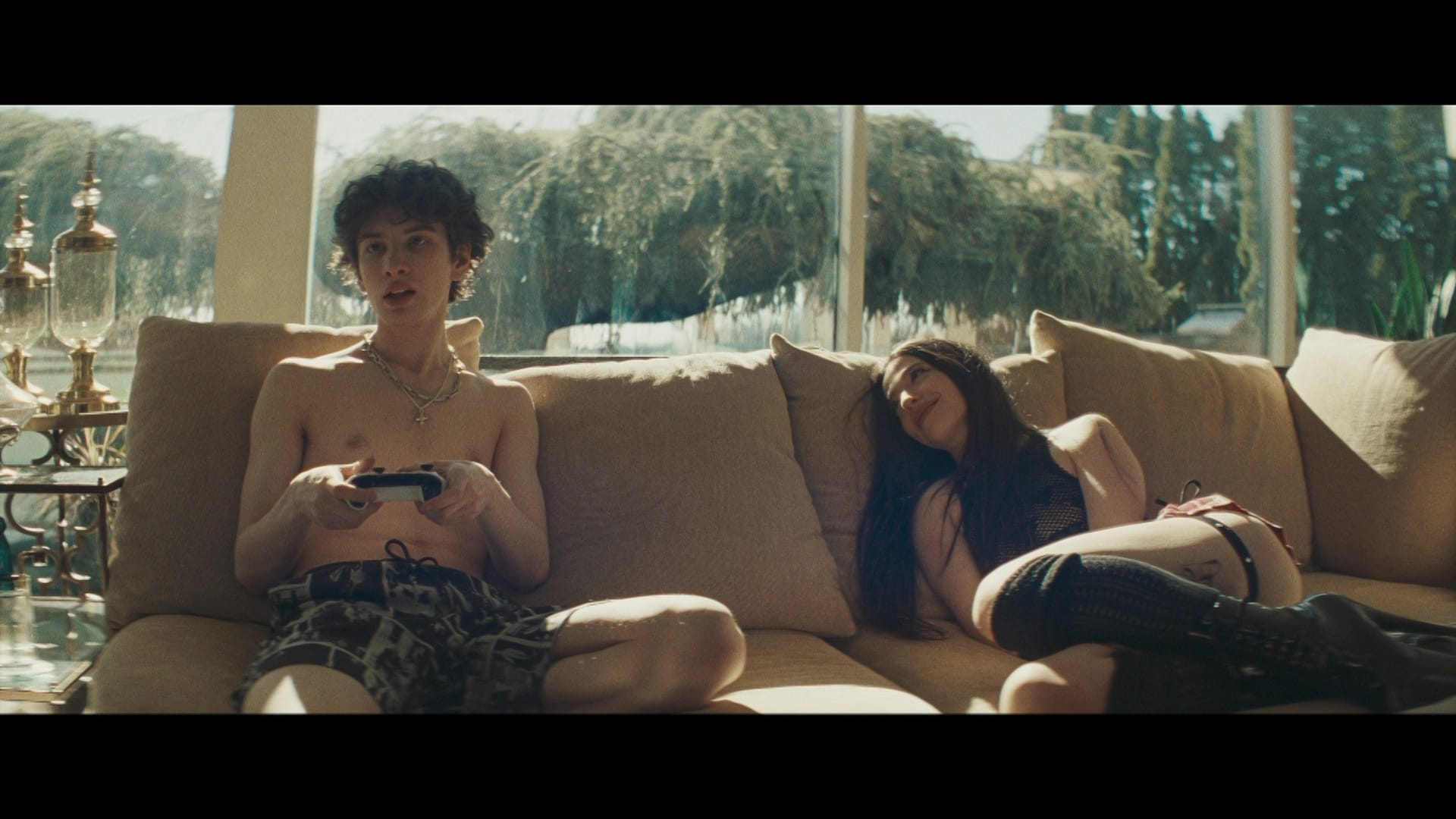
And despite the quick turnaround, the supplemental section doesn’t feel rushed in the slightest. An hour-plus documentary, “Stripped Down,” serves as the centerpiece, and Baker anchors two audio commentaries – one with producer Samantha Quan and DP Drew Daniels, the other with Madison, Eydelshteyn, Karan Karagulian, Vache Tovmasyan and their Oscar-nominated co-star Yuri Borisov – as well as sitting down for a conversation with Madison and his own interview. (Madison also gets a second featurette, discussing the mechanics of her performance with actor and dancer Lindsey Normington.) The Cannes press conference is here, and about seven minutes of deleted scenes and a gallery of audition videos. Everything but the Oscar speeches, really.
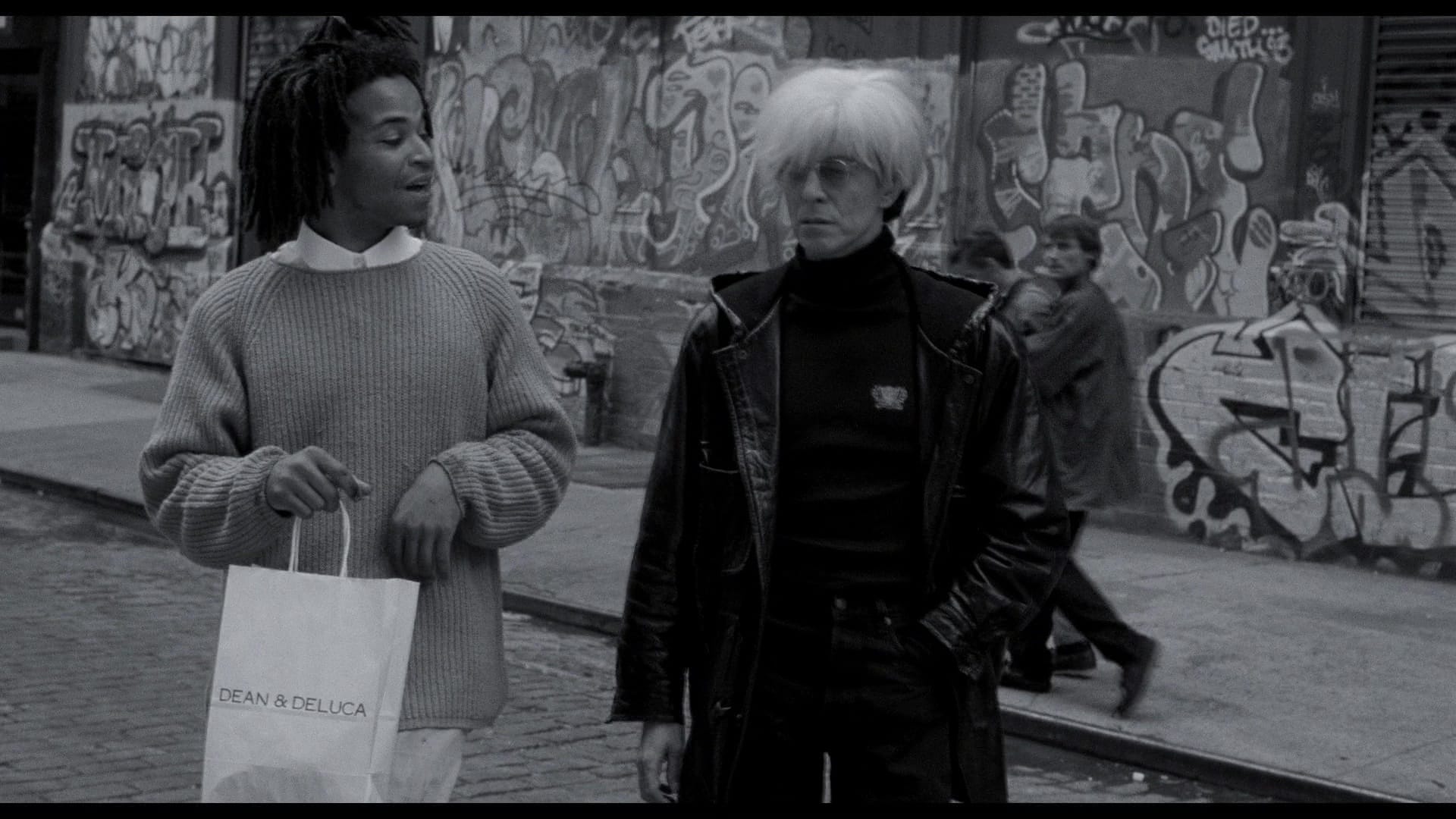
Basquiat is a little more focused in terms of its extras, but they’re all meaningful. The new black-and-white version gets an audio commentary from Schnabel, accompanied by and author and film programmer Giulia D’Agnolo Vallan, and the Blu-ray disc includes a new half-hour interview with Wright that reminds us just how generous and thoughtful he is – and how much he feels he owes to Basquiat – and Schnabel and David Bowie’s promotional appearance on The Charlie Rose Show, which feels like a perfect encapsulation of their complementary attitudes as artists, and how their specific and very different experiences of the Basquiat era informed their collaboration here. It’s a shame Charlie Rose has to be there as well, but he mostly stays out of their way.
Anora and Basquiat are available now in the Criterion Collection, in 4K/Blu-ray combos and standard Blu-ray editions.
Up next: Warner upgrades three Clint Eastwood classics to UHD, and Arrow’s latest Japanese collection offers five platters of quick-and-dirty exploitation cinema. Sweet.
